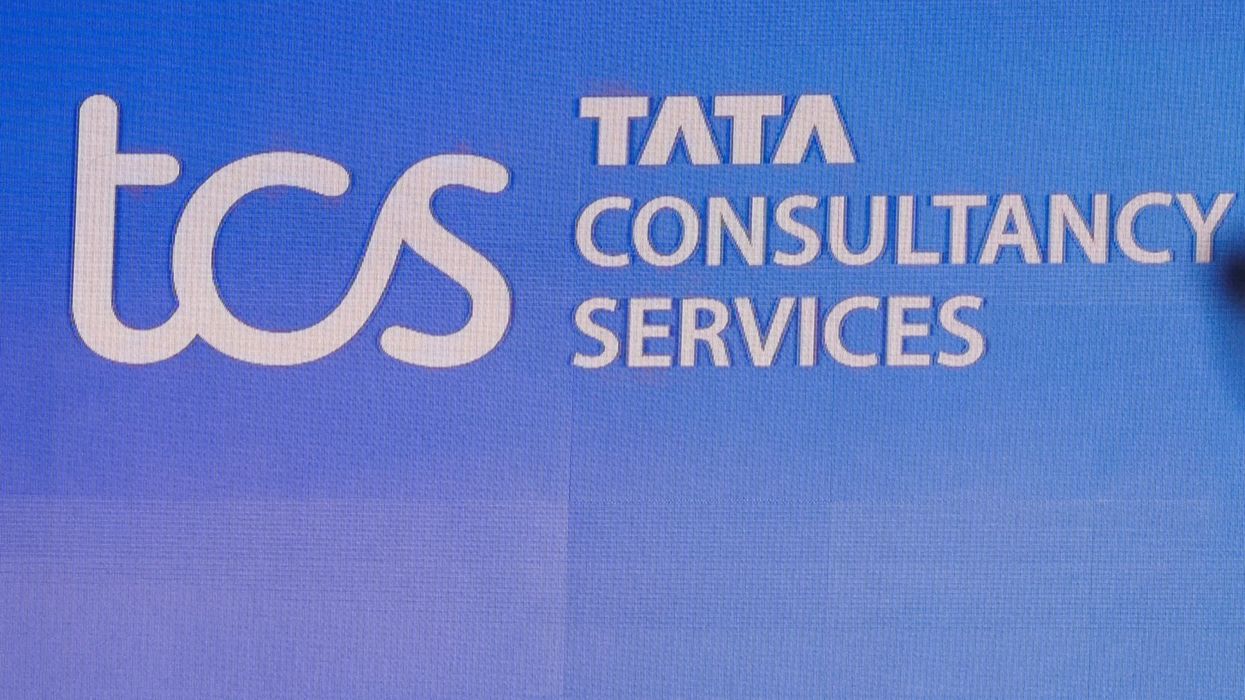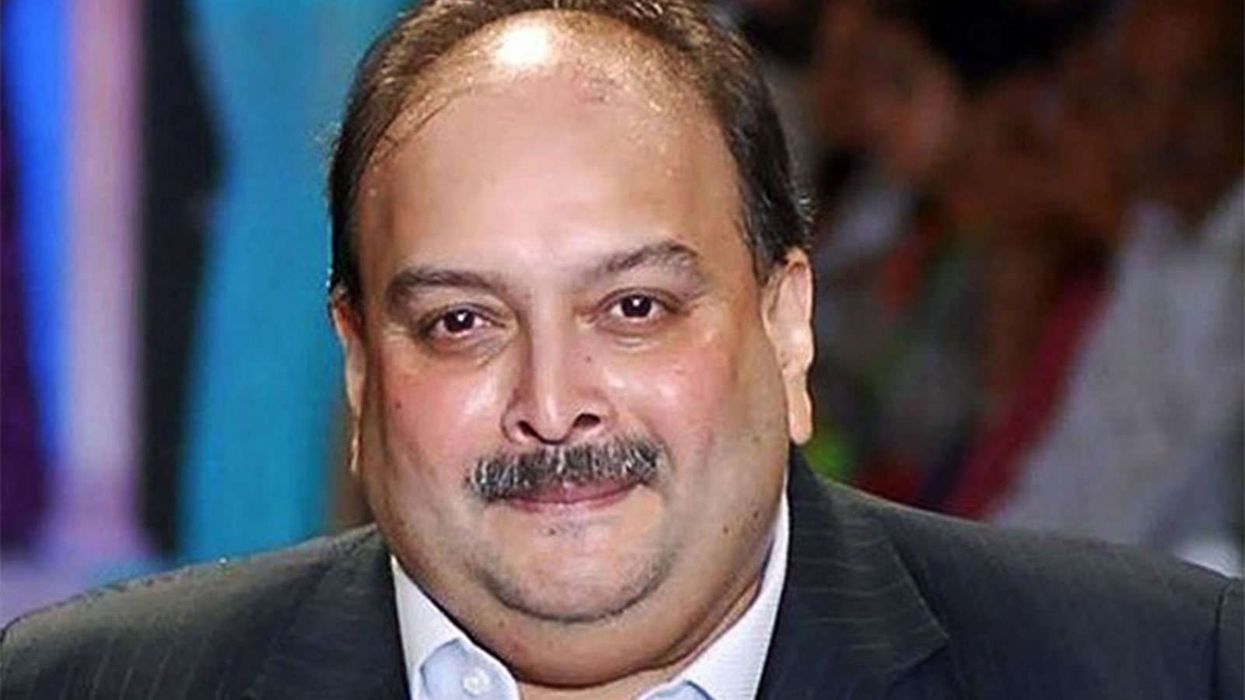INDIA's largest IT services firm, Tata Consultancy Services (TCS), will lay off about 2 per cent, or 12,261 employees, of its global workforce this year. The majority of those affected will be from middle and senior levels.
As of 30 June 2025, TCS's total workforce was 6,13,069. The company added 5,000 employees during the April–June quarter.
The layoffs are part of TCS's strategy to transform into a "future-ready organisation", focusing on technology investments, AI deployment, market expansion, and workforce realignment, the company said in a statement.
"TCS is on a journey to become a Future-Ready organisation. This includes strategic initiatives on multiple fronts, including investing in new-tech areas, entering new markets, deploying AI at scale for our clients and ourselves, deepening our partnerships, creating next-gen infrastructure, and realigning our workforce model.
"Towards this, a number of reskilling and redeployment initiatives have been underway. As part of this journey, we will also be releasing associates from the organisation whose deployment may not be feasible. This will impact about 2 per cent of our global workforce, primarily in the middle and the senior grades, over the course of the year," it said.
The company added that it would provide benefits, outplacement, counselling, and support to the employees affected by the move.
The announcement comes as Indian IT services firms reported single-digit revenue growth in Q1FY26, with the June quarter affected by macroeconomic uncertainty and geopolitical tensions, which slowed global tech demand and client decision-making.
TCS reported revenue of ₹63,437 crore (approximately £5.47 billion) in Q1FY26, up 1.3 per cent year-on-year, while net profit rose 5.9 per cent to ₹12,760 crore (approximately £1.1 billion).
TCS MD and Chief Executive K Krithivasan said the company continues to face "demand contraction" due to ongoing uncertainties and does not expect double-digit revenue growth in FY26. He said delays in client decision-making have "intensified" and expressed hope that discretionary spending, a key driver of revenue for IT firms, would pick up once uncertainties ease.
Meanwhile, Microsoft has laid off over 15,000 employees in 2025, representing 7 per cent of its global workforce. In a memo to employees, Microsoft CEO Satya Nadella said the job cuts have been "weighing heavily" on him.
"This is the enigma of success in an industry that has no franchise value," Nadella said. He added: "Progress isn't linear. It's dynamic, sometimes dissonant, and always demanding. But it's also a new opportunity for us to shape, lead through, and have greater impact than ever before."
According to Layoffs.fyi, over 80,000 tech workers have been laid off by 169 tech companies in 2025 so far. In 2024, 1.5 lakh (150,000) tech workers lost their jobs across 551 companies, a trend driven by global economic challenges and debates on AI's impact on jobs and employability.
(With inputs from agencies)












